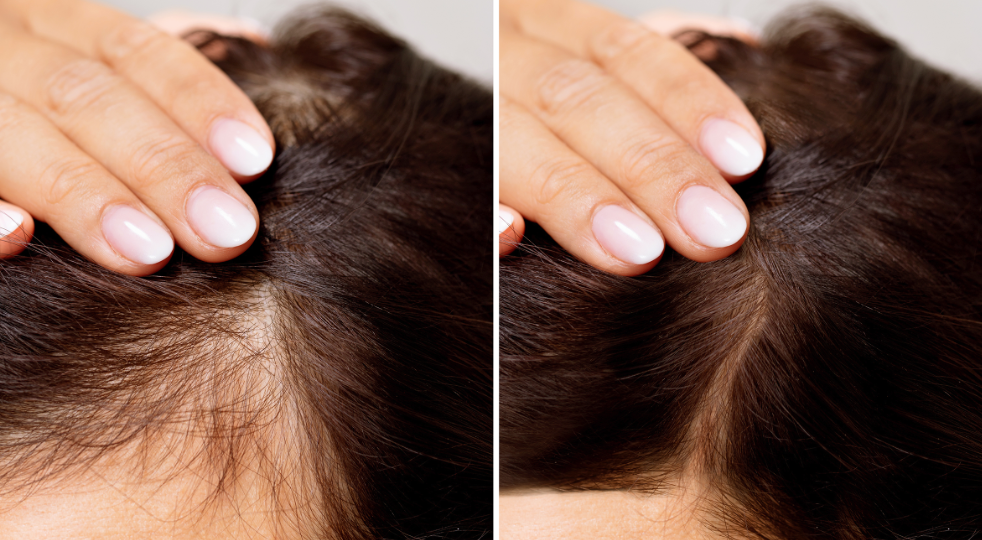Causes of Hair Loss in Women
Hair loss can be attributed to various factors, including genetics, hormonal changes, medical conditions, and lifestyle choices. One of the most common causes is androgenetic alopecia, also known as female pattern hair loss, where genetics plays a significant role. Hormonal fluctuations during pregnancy, menopause, or conditions like polycystic ovary syndrome (PCOS) can also trigger hair thinning. Stress, nutritional deficiencies, and certain medical conditions, such as thyroid disorders, may further exacerbate hair loss.
Top Treatments for Women
- Minoxidil: An FDA-approved topical treatment, minoxidil promotes hair regrowth and is available in both liquid and foam formulations. It's most effective for women with thinning hair on the crown of the scalp.
- Finasteride: While primarily used for men, some studies suggest finasteride may benefit women, particularly those with hormonal imbalances. However, it’s essential to consult a healthcare professional due to potential side effects.
- Hair Transplantation: Surgical options, like follicular unit extraction (FUE), involve transplanting hair follicles from donor sites to balding areas. This procedure offers natural-looking results but requires a thorough consultation to determine eligibility.
- Platelet-Rich Plasma (PRP) Therapy: This innovative treatment uses the patient's own blood to stimulate hair growth. PRP is injected into the scalp, encouraging follicle revitalization and new hair development.
- Nutritional Support: A balanced diet rich in vitamins, minerals, and proteins is vital for hair health. Supplements like biotin, iron, and zinc can enhance hair strength and growth.
Coping Strategies
In addition to medical treatments, many women find comfort in wigs, hairpieces, or styling techniques to manage their hair loss. Support groups and counseling can also provide emotional assistance, helping women navigate their experiences.
Hair loss can be a distressing journey, but understanding the causes and available treatments empowers women to reclaim their confidence and explore effective solutions.

